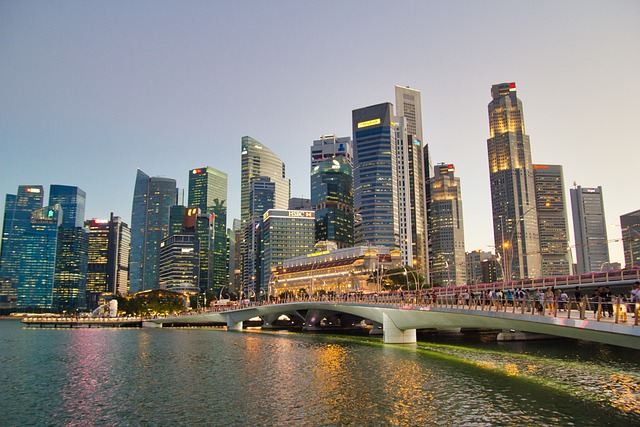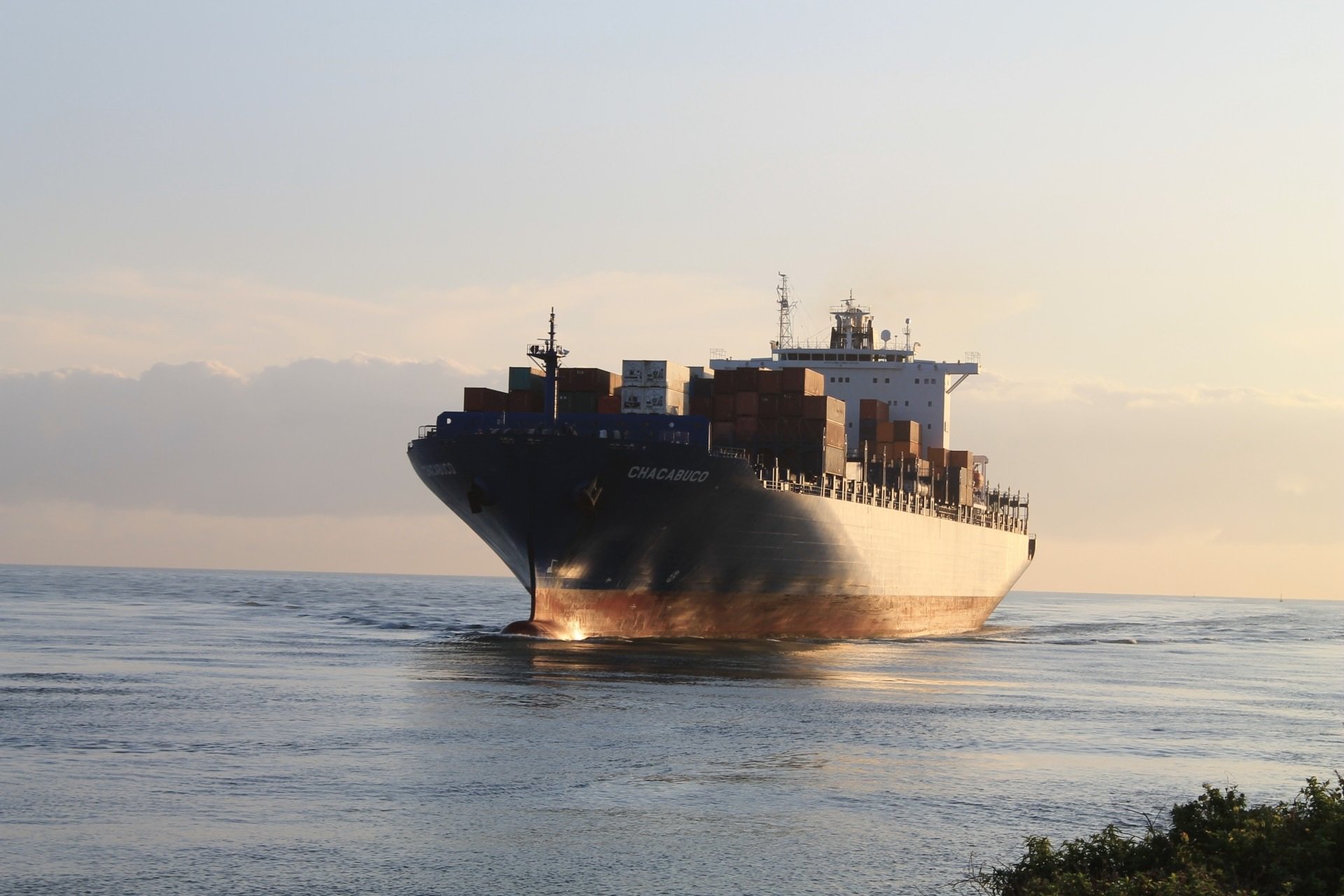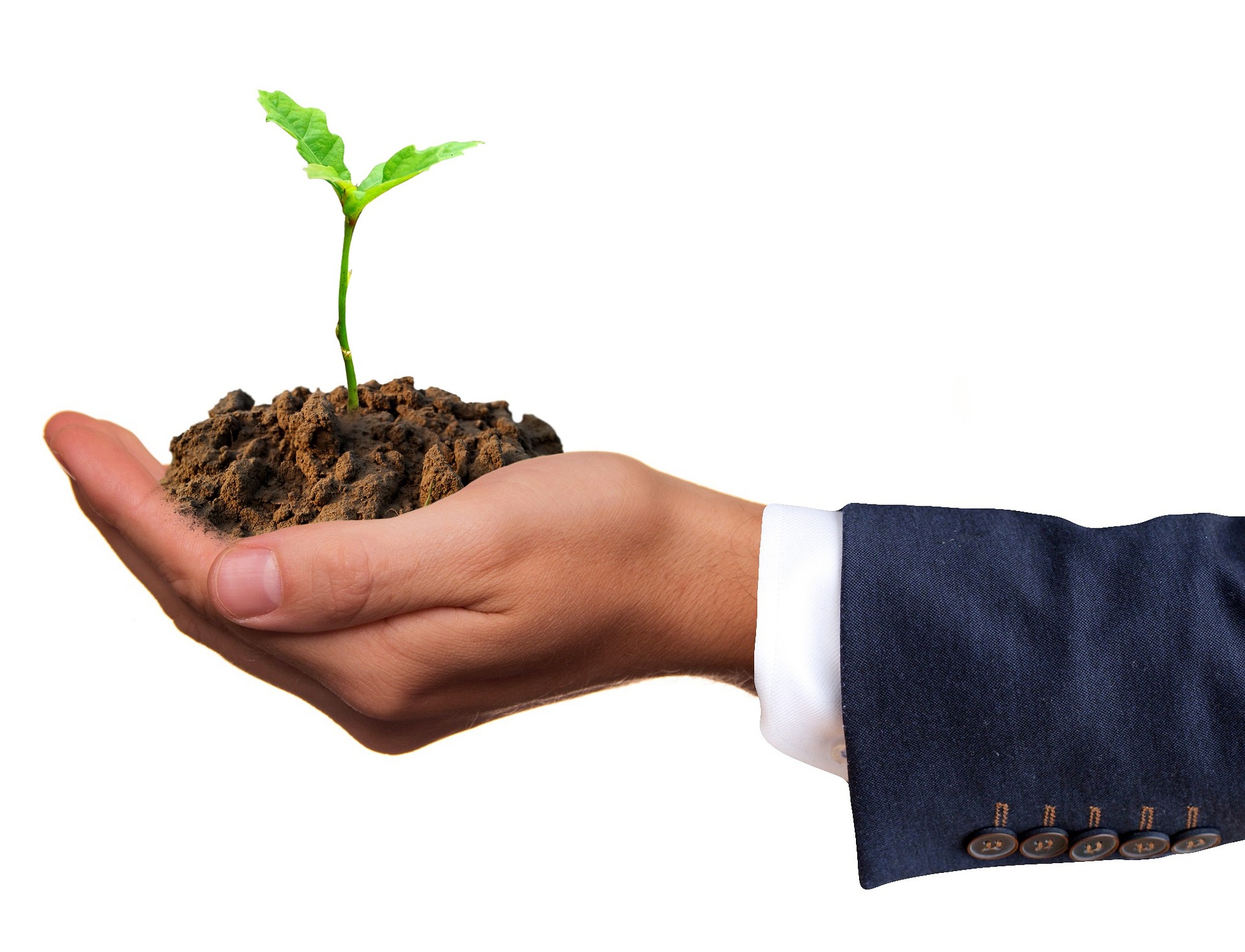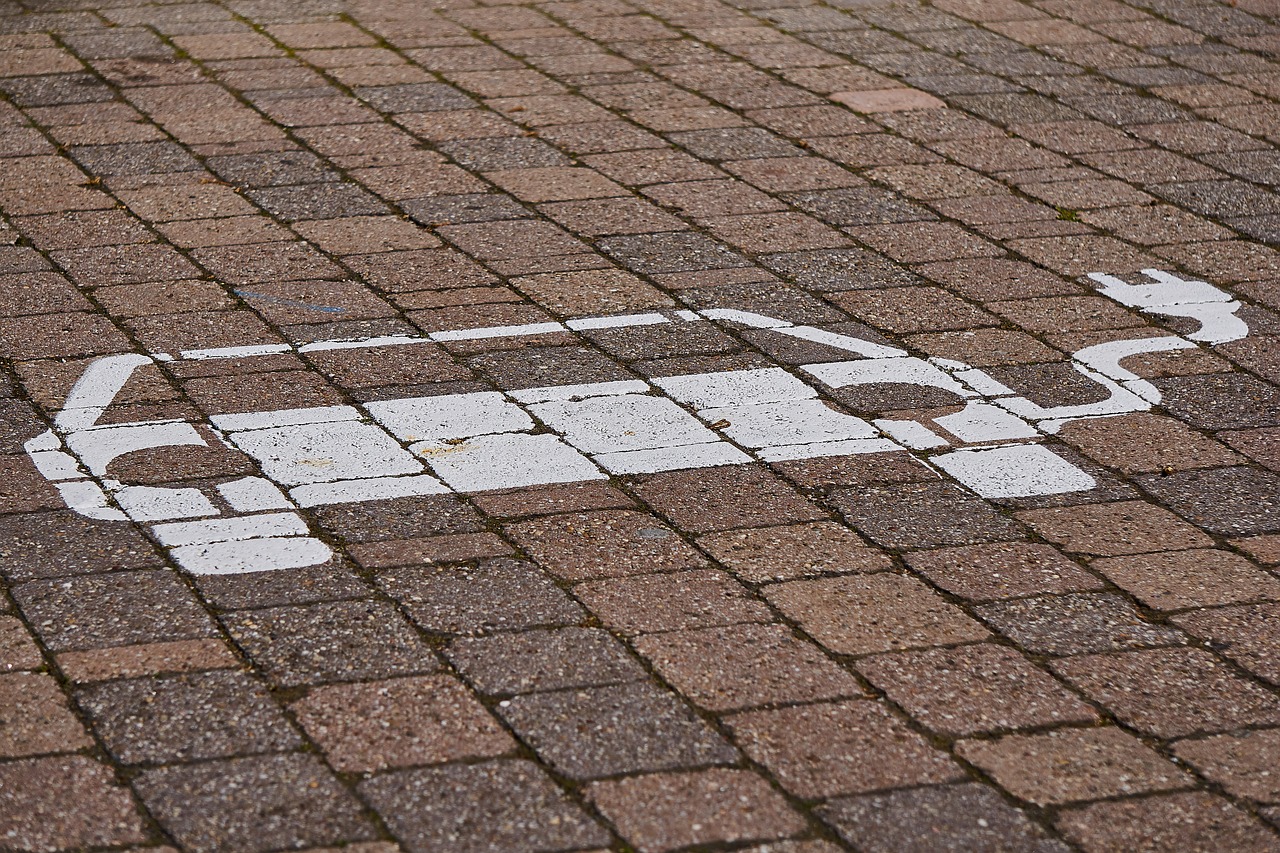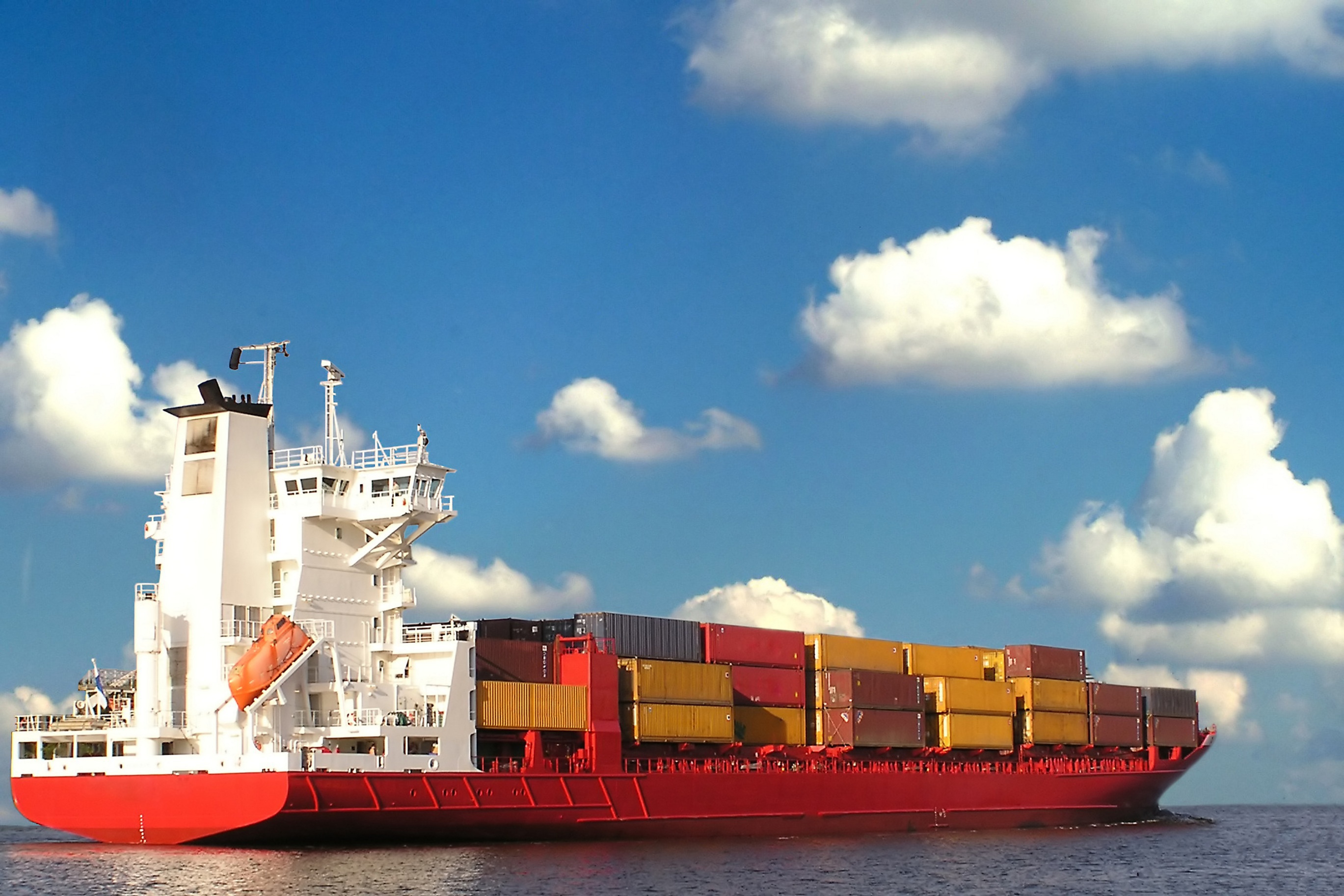A report by trend forecaster WGSN has identified consumer profiles that will drive businesses in 2025 as brands are encouraged to provide products and services that will make life easier and more affordable.
“It’s critical that you provide relief for consumers as they grapple with the pressures of inflation, recession, climate change and geopolitical instability. Identify how your brand can offer a sense of calm, escapism or even humor…,” it said.
The four consumer profiles include The New Nihilists, The Reductionists, The Time Keepers, and The Pioneers.
The New Nihilists are overwhelmed by global problems and they have lost faith in the ability of governments or institutions to fix them so they are seeking solace by stepping back from the world.
“New Nihilists gravitate towards speculative ideas and creative genres that are outside the mainstream, whether it’s regenerative capitalism, chaos culture, hope punk fiction (dystopian themes with optimistic outcomes), or gaming and psychedelics as a form of therapy. To reach them, you need to show that you are on their level,” the report said.
After embracing digital convenience and remote living during the pandemic, The Reductionists are looking to re-establish in real life (IRL) connections and communities with a more human touch.
“They believe that economic growth should be a means to support people and the planet, not the other way round, and they shop with these values in mind. They still want their time-saving conveniences and efficiencies, but they need these things to be sustainable and ethical, powered by fairly paid workers and business models that give back more than they take,” the report said.
It added they can be found by supporting ethical businesses such as vacation rental platform Fairbnb, which directs half of every commission fee to local community projects, or Delivery Co-Op in the United States, which charges customers a monthly membership fee so it can provide drivers with fair wages and benefits.
The Time Keepers are rallying against social media snippet culture by investing their minutes and hours in things that add value to their world.
“These consumers need services that free up their time, and rental or fractional ownership models that free them from full-time commitments,” the report said.
The Pioneers are movers, shakers and opportunity-makers who thrive on change and new ideas. They live with one foot in the physical world and one foot in the digital, and they are determined to bridge the gap between the two.
“Pioneers need solutions that improve the world, whether that’s universal designs that can be used by people of all ages and abilities, or more personalized products and services that will be loved for longer and wasted less. These curious consumers are equally comfortable in physical and digital worlds – for them, the purpose is more important than the platform,” it added.
To succeed, brands are called to build connections and communities, offer quality over quantity, and help people switch modes.
“Make the world feel smaller and friendlier by embedding a human touch into your products and services, and by ensuring that your business makes a positive impact in the world. Treating people and the planet with kindness and respect is the best way for your brand to build a lasting, loyal community,” the report said.
As hybrid lifestyles continue and the metaverse develops, it added it will be imperative to help people to switch between these different versions of themselves, and also “help them ring-fence their privacy and personal space in a world with fewer boundaries.”




